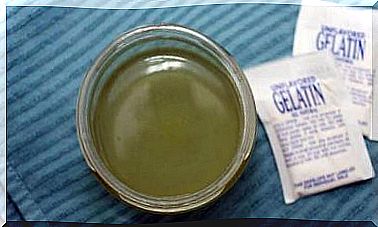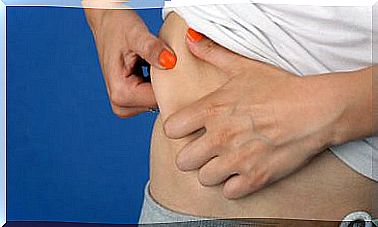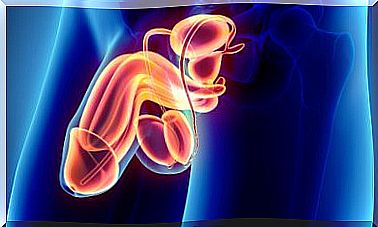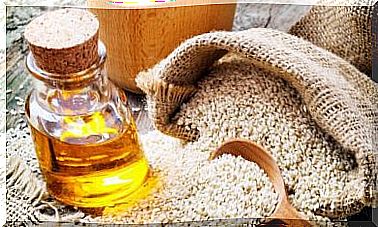6 Remedies To Relieve The Symptoms Of Bacterial Vaginosis
Bacterial vaginosis is one of the discomforts that a woman can suffer throughout her life. It is a vaginal inflammation that occurs due to imbalances suffered by the microbiota that protects it ; that is, it occurs due to the overgrowth of some bacteria that normally inhabit the vagina.
The overgrowth of these bacteria causes various discomforts in addition to swelling in the area, such as the presence of a yellowish discharge, which usually has a strong and unpleasant odor. This is often accompanied by a burning sensation when urinating and itching in the external areas of the vagina.
Although it does not always generate obvious symptoms that prevent a normal life, in some cases it can be very uncomfortable. However, the good news is that it is not considered a serious health problem.
Even so, it is necessary to address it properly so that it does not generate insecurity or complications of greater care. Let’s see more about it below.
How is the treatment of bacterial vaginosis?
As we have been commenting, bacterial vaginosis does not usually pose a serious health problem and, in general, does not cause complications. To treat it properly, it is essential to consult with the gynecologist. Only then can the professional delve into the origin of the problem and determine the most appropriate strategy to solve it.
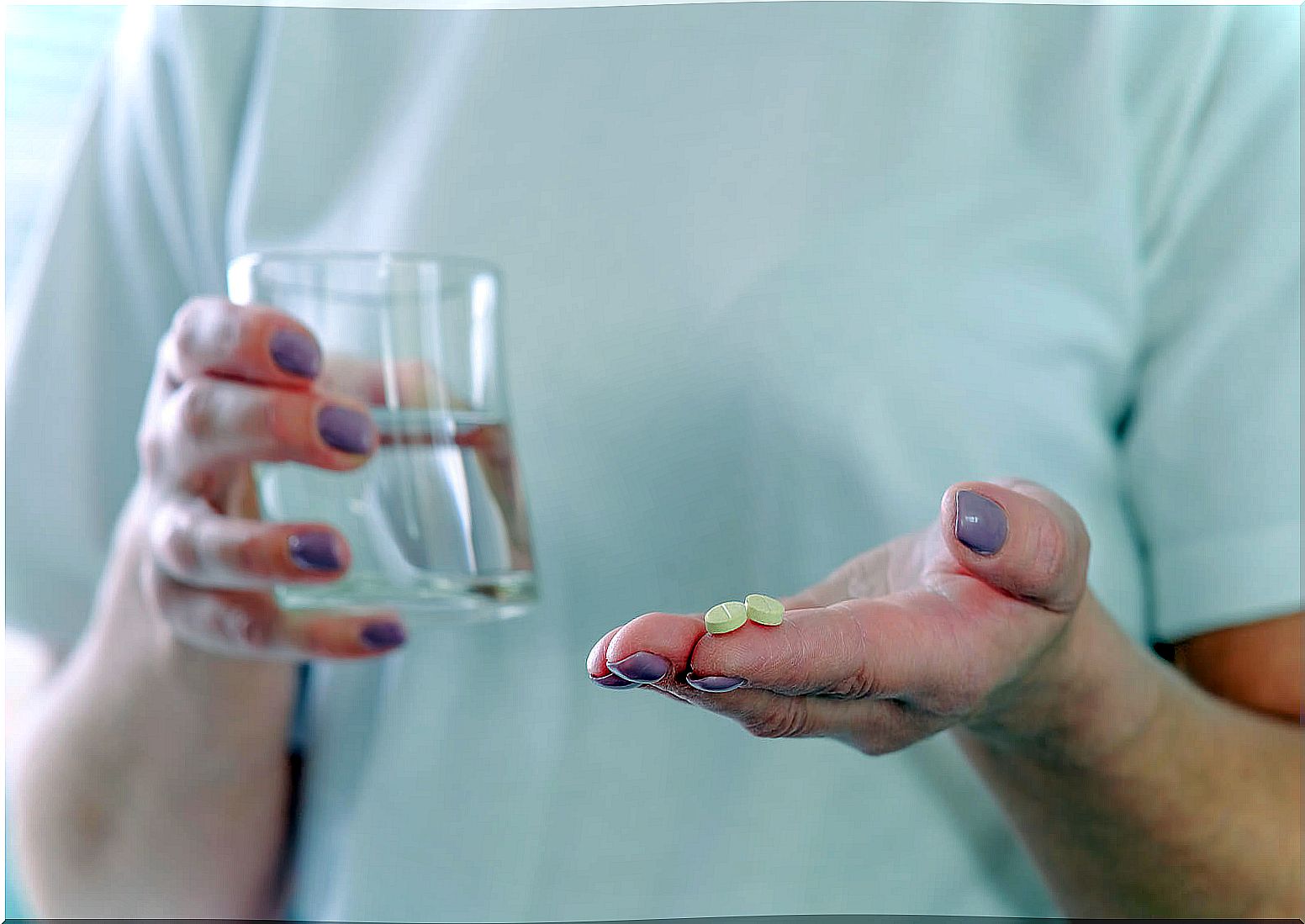
Depending on the case, the treatment could include some medications, such as: metronidazole, clindamycin, tinidazole.
According to a recent study published on the Elsevier website, “although it is not clear whether it is a sexually transmitted infection, most experts recommend treating the couple with an antibiotic as well ” orally (metronidazole) for seven days or vaginally (clindamycin) for five days.
On the other hand, you have to know that bacterial vaginosis can reappear after a while. Generally, about 12 months, so it is essential to follow the treatment prescribed by the gynecologist and, in addition, adopt the necessary preventive measures to reduce the risk of it occurring again and causing significant discomfort.
Regarding the latter, the good news is that researchers continue to investigate how to improve existing treatment to prevent the problem from recurring.
Complementary measures to medical treatment
- Drink plenty of water and reduce the consumption of acidifying drinks.
- Maintain a balanced diet and avoid the consumption of junk and industrial groceries in general.
- Do not douche or wash with perfumed products and others that are not prescribed by the doctor.
- Wear clean underwear and preferably cotton or other natural fibers that facilitate perspiration.
- Maintain consistent intimate hygiene.
- Avoid wearing tight clothing, wet clothing, etc.
- Do not take a sitz bath with essential oils or herbal infusions without first consulting your doctor, as this could be counterproductive and further promote existing discomforts.
- Do not apply yogurt in the vagina or any other type of food, this could only lead to an infection.
- On the other hand, you can take advantage of the moderate consumption of natural yogurt, kefir and other probiotics to facilitate the balance of the vaginal and intestinal microbiota.
- If you are going to have sex, be sure to use protection and take the proper steps to protect yourself and your partner.
What remedies can be used as an adjunct?
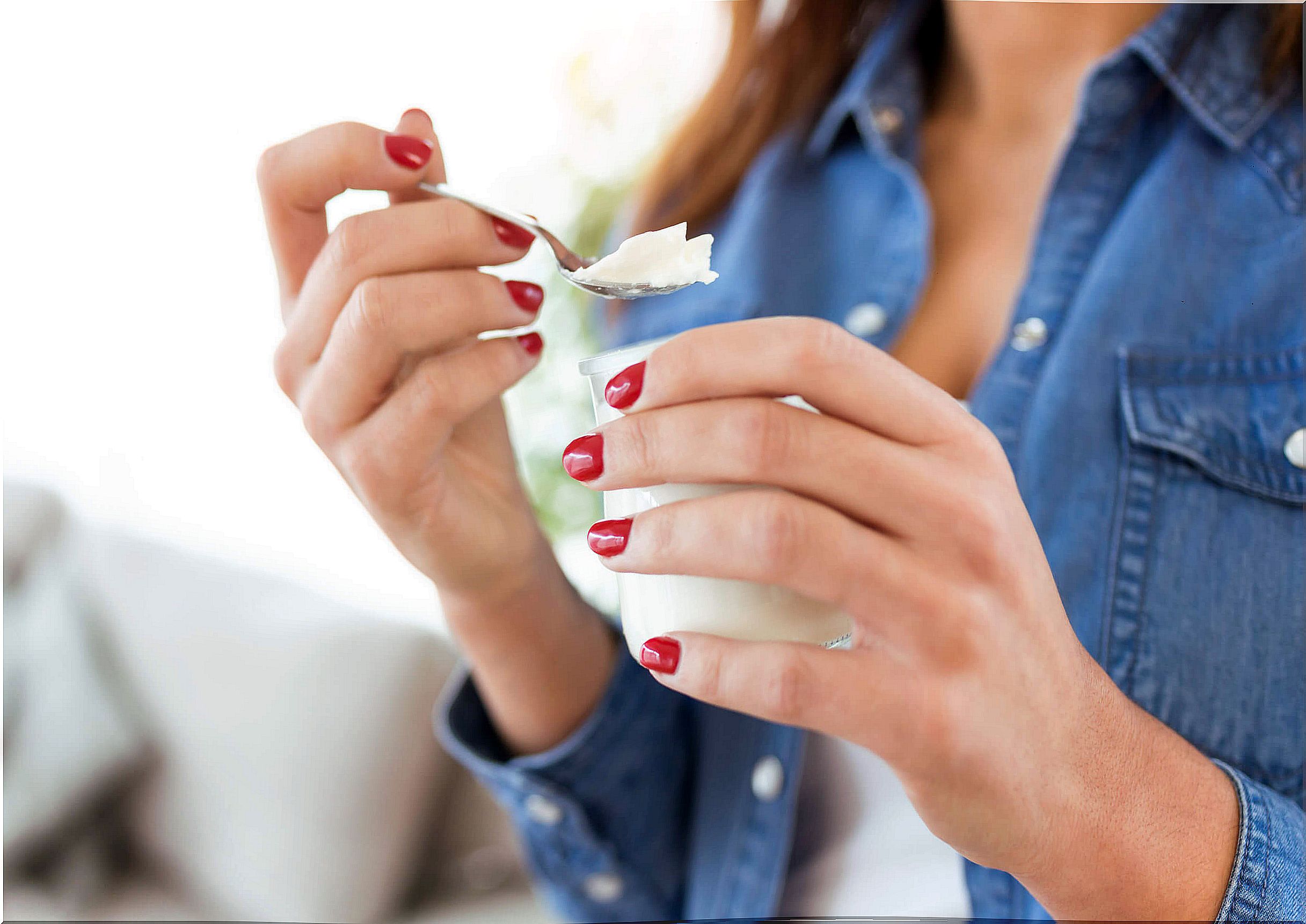
Although all kinds of natural remedies may have been recommended in the popular arena to alleviate bacterial vaginosis, unfortunately not all of them are suitable. Many of them can make the problem worse and make it difficult to address it.
Below we will present some of the remedies that the doctor could authorize as adjuvants.
- Natural yogurt: this food, within a balanced diet, can promote the balance of the microbiota, which in turn helps mitigate discomfort. Thanks to its concentration of live cultures, it helps create a balance of healthy bacteria. Its lactic acid content alters the environment that harmful germs need to grow excessively.
- Calendula, chamomile, sage, are herbs with medicinal properties (analgesic, anti-inflammatory, diuretic) with which natural drinks can be prepared to complement daily hydration. They should not be consumed in excess, but always in moderation and after consulting with the doctor.
- Seasonal fruits : seasonal fruits are foods that help improve and maintain the health of the entire organism and cannot be absent from the diet.
- Fermented foods and garlic, within a balanced diet.
Remember that, whenever you have any questions about how to proceed in the event of any discomfort, it is best to consult your doctor. Avoid taking action without consulting your professional, as you could put yourself at greater risk.
